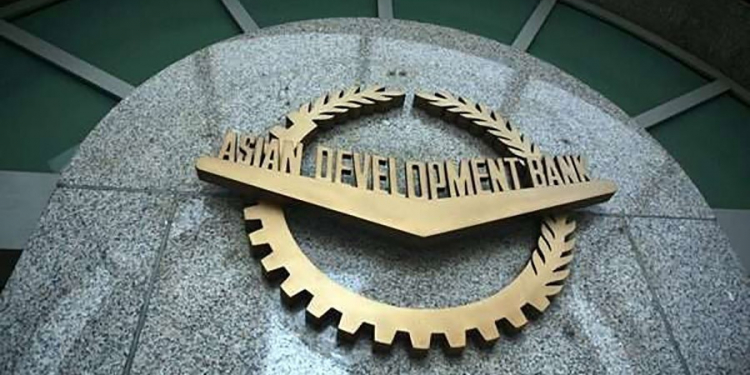The FINANCIAL — The Asian Development Bank (ADB) has allocated $20.3 million in technical assistance to help its developing members access vaccines for the coronavirus disease (COVID-19) and establish systems to enable equitable and efficient vaccine distribution.
The funds will be available for ADB developing members to support vaccine-related health system assessments and the development of country readiness plans to strengthen the capacity to access, introduce, deploy, deliver, and monitor vaccines safely and effectively. Funds will help members assess and strengthen vaccine cold chain and logistics, infection control, supply and skills of health workers, risk communications, and real-time data capturing and monitoring. The technical assistance will also support the identification and promotion of innovative cold chain and vaccine tracking technologies.
“Asia and the Pacific has largely done well to limit the spread of COVID-19. Ensuring access to a safe, effective, and equitable vaccine is the next frontier in the fight against this virus,” said Director General of ADB’s Sustainable Development and Climate Change Department Woochong Um. “With these additional grant resources, ADB can immediately support our developing members to undertake urgent actions, including vaccine system assessments and vaccine deployment strategies, to ensure vaccines are delivered efficiently and fairly.”
ADB expects to implement the technical assistance with its partners UNICEF and the World Health Organization, in coordination with COVAX, Gavi, the World Bank, bilateral agencies, among others.
The funds comprise $20 million from ADB’s Technical Assistance Special Fund (TASF) and $300,000 from the High-Level Technology Fund financed by the Government of Japan.
ADB approved a $20 billion expanded assistance package in April to support its developing members’ COVID-19 response. Visit ADB’s website to learn more about our ongoing response.
ADB is committed to achieving a prosperous, inclusive, resilient, and sustainable Asia and the Pacific, while sustaining its efforts to eradicate extreme poverty. Established in 1966, it is owned by 68 members—49 from the region.































Discussion about this post